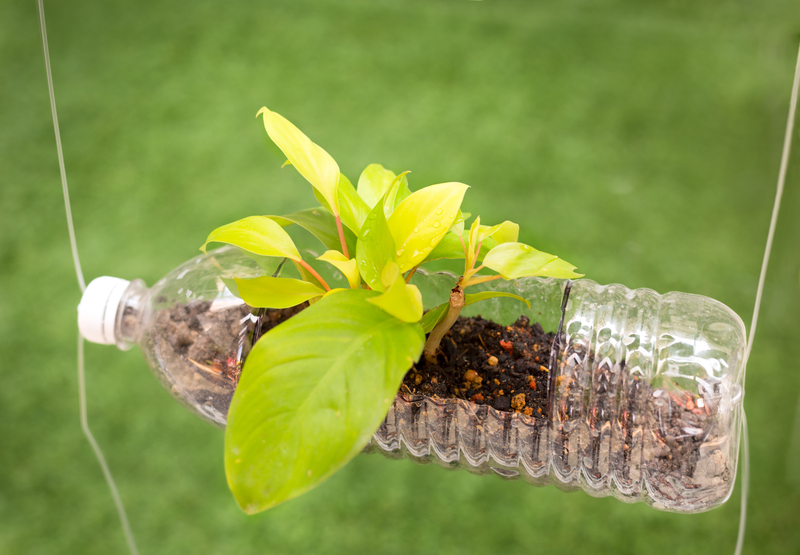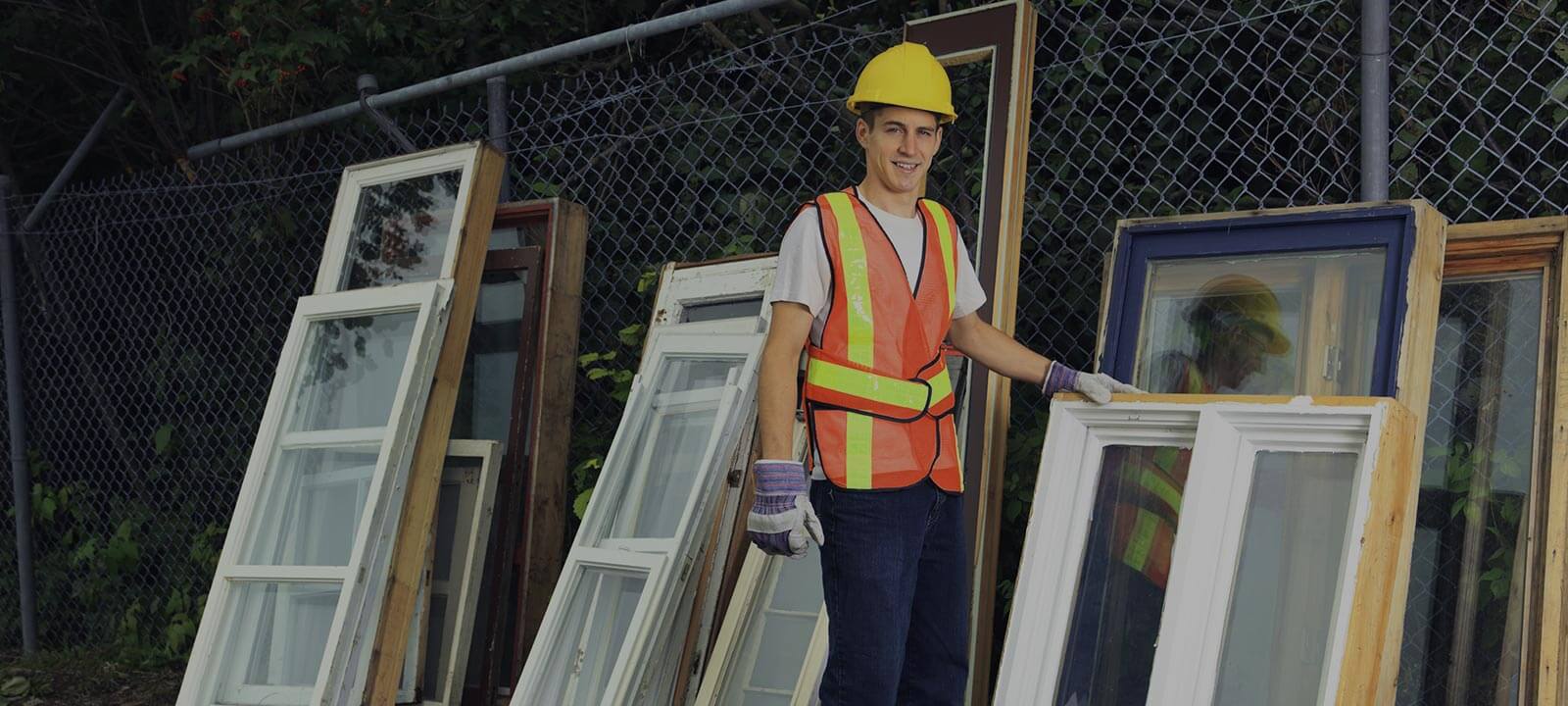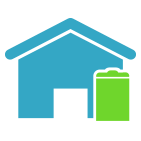Recycling for Eco-friendly Living
Posted on 30/11/2024
Recycling has become a cornerstone of sustainable practices worldwide. It is a process that allows for the re-use of materials, conserving natural resources and reducing the environmental footprint. From household wastes to industrial byproducts, the scope of recycling has expanded dramatically, promoting eco-friendly living.
What is Recycling?
Recycling involves converting waste into reusable material. This helps to extend the lifecycle of materials, reduce landfill waste, and minimize the environmental impact. Commonly recycled materials include paper, plastic, glass, and metals. The process generally involves collection, sorting, cleaning, and processing the recyclable materials into new products.

The Significance of Recycling
Recycling is crucial for several reasons:
- Environmental Protection: By reducing the need to extract and process raw materials, recycling helps decrease air and water pollution, greenhouse gas emissions, and deforestation.
- Energy Conservation: Recycling often requires less energy than producing new products from raw materials. For example, recycling aluminum saves up to 95% of the energy needed to make new aluminum from raw ore.
- Economic Benefits: Recycling can create jobs and generate revenue. The recycling industry provides employment opportunities in collection, processing, and selling recycled materials.
How to Recycle Properly
Proper recycling requires adherence to certain guidelines to ensure effectiveness:
- Know What Can Be Recycled: Familiarize yourself with local recycling programs and understand which materials are accepted.
- Clean and Dry: Ensure that recyclables are clean and dry. Contaminants can spoil entire batches of recyclable materials.
- Separate Correctly: Use different bins for different types of materials. Mixed recycling can be less efficient and more challenging to process.
- Avoid Wish-cycling: Avoid putting unsure items in the recycling bin, hoping they can be recycled. It often causes more harm than good.
Tips for Reducing Waste
Besides recycling, there are other tips to reduce waste and live more sustainably:
- Reduce: Minimize your use of single-use plastics and other disposable items.
- Reuse: Find new ways to use items instead of discarding them immediately.
- Shop Smart: Choose products with minimal packaging, and support companies that use recycled materials.
Pros and Cons of Recycling
Pros:
- Environmental Benefits: Reduces pollution, conserves natural resources, and lowers greenhouse gas emissions.
- Economic Advantages: Creates jobs and generates economic growth.
- Energy Efficiency: Saves energy required to produce new materials.
Cons:
- Cost: Initial setup costs for recycling programs can be high.
- Quality: Recycled materials can sometimes be inferior in quality to new materials.
- Contamination: Improper sorting and cleaning can lead to contamination, making entire batches unrecyclable.

Key Takeaways
- Recycling is an essential practice for promoting eco-friendly living.
- Proper recycling practices include knowing local guidelines, cleaning and sorting recyclables, and avoiding "wish-cycling."
- Reducing waste goes hand-in-hand with recycling and involves reducing, reusing, and making smart consumer choices.
- While there are challenges to recycling, the environmental, economic, and energy benefits make it a crucial component of sustainable living.
Conclusion
Recycling plays a vital role in our efforts to live more sustainably. It aids in conserving resources, saving energy, and reducing pollution. While it has its challenges, the benefits far outweigh the drawbacks. By adopting proper recycling practices and reducing waste, we can all contribute to a healthier, more eco-friendly planet.










